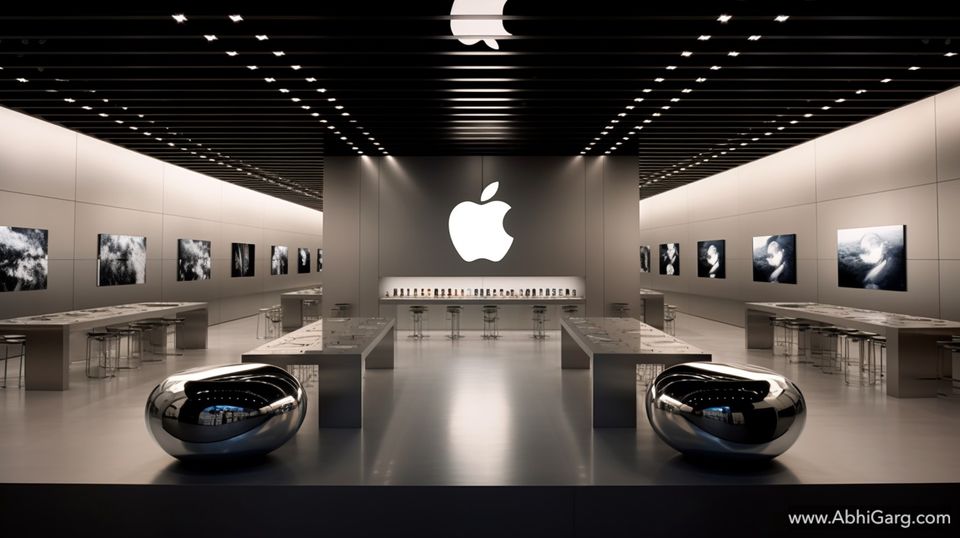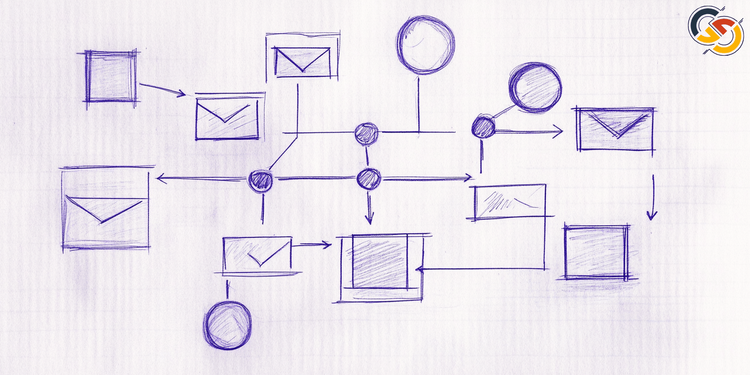The Endowment Effect (A Cognitive Bias): Exploring Its Influence on Ownership and Decision-Making

The endowment effect, a fascinating cognitive bias embedded in the human psyche, has been a focal point of economic, psychological, and marketing research for decades. This article will explore its definition, roots, implications, and how it shapes consumer behavior. With some remarkable examples, we'll also see how savvy businesses harness it to drive marketing efforts.
Understanding the Endowment Effect
The endowment effect is a cognitive bias where people ascribe more value to things merely because they own them (Kahneman, Knetsch & Thaler, 1991)[^1^]. Simply put, individuals tend to overestimate the worth of their possessions, often irrationally, compared to similar items they do not own.
The Roots of Endowment Effect
The concept originated in behavioral economics and was prominently researched by Nobel laureate Daniel Kahneman and his collaborators, Jack Knetsch and Richard Thaler. Their 1991 study demonstrated how people demand significantly more money to give up an object they own than they would be willing to pay to acquire it[^1^]. This phenomenon showed the existence of loss aversion, where losses loom larger than gains and form the basis of the endowment effect.
The Psychological Underpinning
The endowment effect is grounded in the psychological principle of 'loss aversion.' Psychologically, we're wired to avoid losses more than we pursue gains. We hate losing what we have, a sentiment amplified when we develop an emotional attachment or association with an object, termed 'the mere ownership effect' (Beggan, 1992)[^2^]. This aspect is vital in fueling the endowment effect, especially with personal belongings.
Implications of Endowment Effect
The implications of the endowment effect extend to various aspects of life, including economics, decision-making, and consumer behavior. It often leads to irrational economic decisions, as it contradicts the traditional economic principle of 'market equilibrium,' which states that a good's selling price should equal its purchase price.
It also influences consumer behavior significantly. Consumers overvalue their possessions, leading to higher expectations from trade-ins or resales. The endowment effect can also make it difficult for consumers to switch brands or products due to the perceived 'loss' of their current product.
How Businesses & Brands Leverage the Endowment Effect
Businesses and marketers exploit the endowment effect to influence consumer behavior and increase sales. Let's explore how:
- Free Trials and Returns: Businesses often offer customers free trials or easy returns. Once consumers have the product, they will perceive it as more valuable and may buy it. Software and subscription-based services often employ this strategy.
- Product Customization: Marketers encourage consumers to customize products, giving them a sense of ownership and increasing perceived value.
- Loyalty Programs: These programs confer ownership over points, rewards, or statuses, making customers less likely to switch to competitors.
- Brand Storytelling: Creating a compelling brand narrative fosters an emotional connection, making consumers value the product more due to the psychological ownership of the brand's story.
Famous Marketing Use Cases
One of the most iconic examples of the endowment effect in action is the 'Pepsi Challenge,' a blind taste test used by PepsiCo to convince consumers that their product was superior to Coca-Cola. Consumers who identified as Coca-Cola drinkers often preferred Pepsi in the blind test but didn't switch brands. This loyalty was a testament to the endowment effect — consumers overvalued their 'owned' brand, Coca-Cola, despite the sensory evidence to the contrary.
Another notable case is Starbucks' customization approach. By allowing customers to tailor their drinks, Starbucks increases perceived ownership, leading to an overvaluation of the customized product.
Sunk Cost Fallacy
Anchoring Bias
Confirmation Bias
Fundamental Attribution Error
Endowment Effect
How to Guard Against the Endowment Effect
Awareness of the endowment effect is the first step towards guarding against it. Knowing that you're likely to overvalue what you own irrationally can help you make more objective decisions. Furthermore, seeking objective, third-party opinions, comparing similar products objectively, or forcing yourself to consider reasons against keeping an item can help mitigate this bias.

Additional Insight on the Endowment Effect
While we have explored the endowment effect's key aspects, a few additional insights are worth considering:
Role of Culture and Experience: Interestingly, the endowment effect isn't a universal trait. It has been found to vary with cultural context and individual experiences. For instance, people with more market experience (like traders) are less likely to be influenced by the endowment effect (List, 2003) [^1^].
Similarly, cultural emphasis on communal sharing or collective ownership can reduce this bias (Aknin, Broesch, Hamlin, & Van de Vondervoort, 2015) [^2^].
Endowment Effect Beyond Material Objects: While the endowment effect is most often discussed concerning material possessions, it also extends to non-material 'possessions,' such as ideas or viewpoints. People value their opinions more than others, leading to disagreements or conflicts (Ross & Sicoly, 1979) [^3^].
Market Implications: The endowment effect can cause market inefficiencies by hindering the free exchange of goods and services. It may result in a disparity between buying and selling prices and a reluctance to trade, contributing to market stickiness (Carmon & Ariely, 2000) [^4^].
Environmental Impact: The endowment effect may contribute to overconsumption and waste. Overvaluing possessions can deter people from selling or recycling items, leading to clutter and junk.
The endowment effect is a powerful cognitive bias that can profoundly impact consumer behavior and decision-making. Both individuals and businesses must know its implications to make informed choices and strategies.
Footnotes
- List, J. A. (2003). Does Market Experience Eliminate Market Anomalies? The Quarterly Journal of Economics, 118(1), 41–71.
- Aknin, L. B., Broesch, T., Hamlin, J. K., & Van de Vondervoort, J. W. (2015). Prosocial behavior leads to happiness in a small-scale rural society. Journal of Experimental Psychology: General, 144(4), 788–795.
- Ross, L., & Sicoly, F. (1979). Egocentric biases in availability and attribution. Advances in experimental social psychology (Vol. 12, pp. 173-220). Academic Press.
- Carmon, Z., & Ariely, D. (2000). Focusing on the Forgone: How Value Can Appear so Different to Buyers and Sellers. Journal of Consumer Research, 27(3), 360-370.



